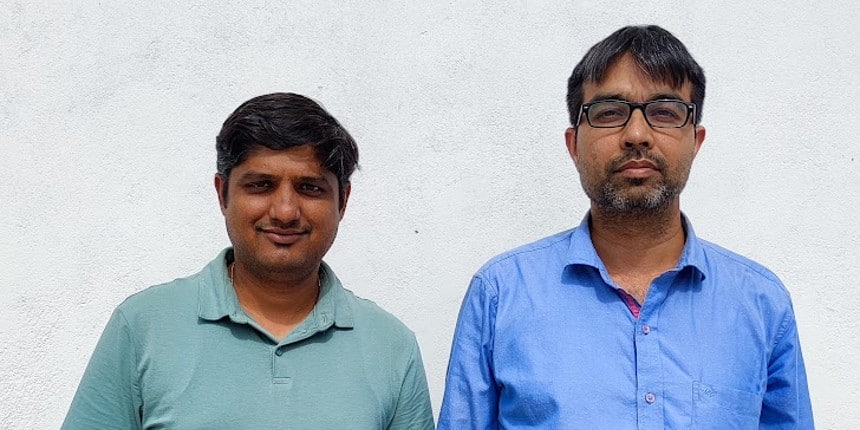IIT Mandi team uses AI-enhanced operation research tools to select wastewater management method
Anu Parthiban | August 10, 2022 | 04:31 PM IST | 3 mins read
The study was conducted to select the most environment friendly wastewater treatment method, it can be applied to any multi-criteria selection problem.

Mandi: Researchers at the Indian Institute of Technology (IIT) Mandi used AI-enhanced Operation Research (OR) tools to select wastewater management methods that meet the socio-economic needs specific to places and environments.
The findings of the research have been published in the Journal of Cleaner Production. The paper has been authored by Atul Dhar, associate professor, School of Engineering and Satvasheel Powar, assistant professor, School of Engineering, IIT Mandi, along with their research scholar Shubham Dutt Attri and Shweta Singh.
Explaining the research, Satvasheel Powar, IIT Mandi, said, “While the choice of water treatment methods for a particular society was based on human intuition in the past, such an approach is no longer valid given the magnitude of the activity, the range of techniques available, the complexity of socio-economic fabric of today’s society, and several conflicting criteria that must be considered.”
Also read | IIT Madras Pravartak Technologies, Sony India to impart tech skills to engineering students
The researcher derived inspiration from the concept of “Appropriate Technology (AT)”, a term introduced by British economist EF Schumacher, that posits that any choice must be consistent with the cultural, social, economic, and political institutions of the society. “To choose the AT for waste water management, researchers employed tools that combine Artificial Intelligence (AI) and Operations Research (OR) concepts to help with the decision-making process,” the institute said.
Further, Satvasheel Powar, explained, “We have used a set of methods called Multi-Criteria Decision-Making (MCDM), that combines alternative decisions with quantitative and qualitative results in compact solutions.” The team has used MSDM methods equipped with AI features of fuzzy logic to handle the uncertainties and “vagaries” of the decision-making process.
The researchers first shortlisted available technologies based on availability and primary studies. “The technologies spanned both traditional and novel industrial technologies such as Activated Sludge Process (ASP), Membrane Bioreactor (MBR), Moving Bed Biofilm Reactors (MBBR), Fluidized Aerobic Bed (FAB) Reactors, Sequential Batch Reactor (SBR), and Biopipe,” it said.
Also read | IIT Guwahati, AICTE to develop solutions for water, electricity, internet issues in North-East region
The researchers then identified sustainability criteria and their indicators. “Seventeen criteria were selected from the areas of environmental sustainability, economic affordability, social acceptability and functional aspects. Then, the significance of the criteria was decided by experts in the field.”
“This was followed by the creation of a decision matrix, and application of fuzzy-logic MCDM algorithms such as F-SWARA, F-MOORA, and F-TOPSIS, to obtain the ranking of the various techniques according to sustainability criteria. The decisions made by these methods were validated through analysis,” the institute added.
Speaking about their research, Atul Dhar, IIT Mandi, said, “Given a specific set of sustainability criteria and their significance, Biopipe, MBR and SBR were ranked as most sustainable options by MOORA and TOPSIS, which was validated by data analysis. Our research showed that SWARA-MOORA methodology is reliable and straightforward, and fuzzification further improves the stability of the results.”
While the study was conducted to select the most environmentally friendly wastewater treatment technology, it can also be applied to any multi-criteria selection problem that could be as minor as deciding on a consumer product to large scale decisions such as investments and socio-cultural policies. This combination of techniques is also useful from a policy standpoint, as it incorporates input from both technology and people, and considers sentiments when making decisions, IIT Mandi informed.
Follow us for the latest education news on colleges and universities, admission, courses, exams, research, education policies, study abroad and more..
To get in touch, write to us at news@careers360.com.